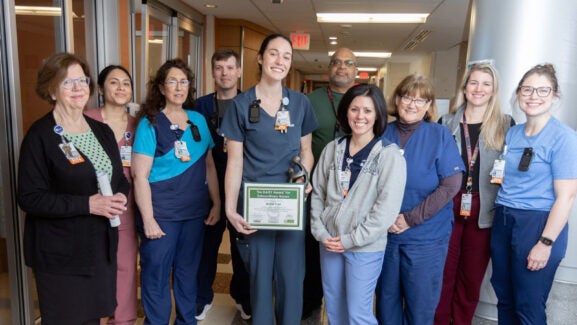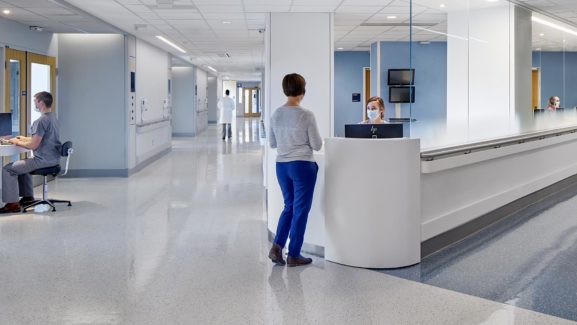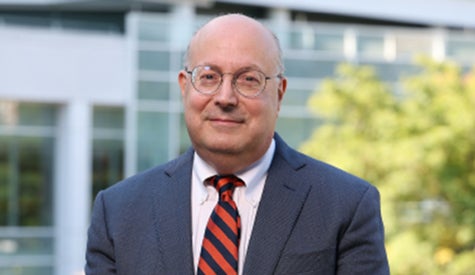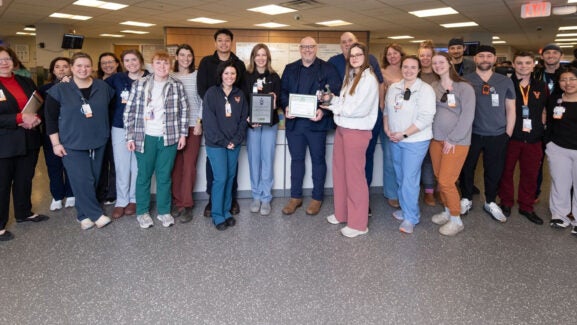
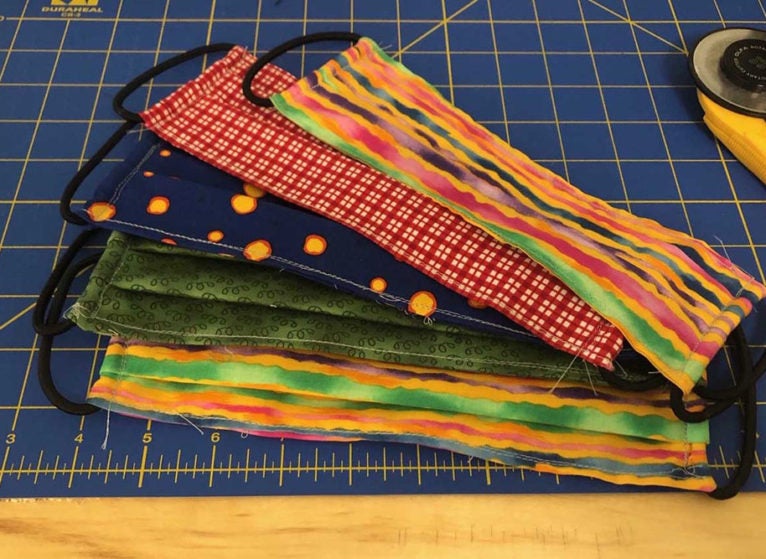
Beth Hundt, Assistant Professor of Nursing, has sewn more than 40 masks with her quilting group.
Nurse Turns from Quilting to Face Masks
Some have turned to baking, others to reading, hiking, and home improvement. But since the novel coronavirus struck in early March, critical care nurse and School of Nursing assistant professor Beth Hundt has been furiously sewing.
Face masks, that is.
The long-time quilter has dug into the stash of fabric scraps she’s saved for years, following some of the online patterns posted that match her supplies of elastic and material. Once she finishes them, Hundt then sends the masks— she’s created at least 40 so far, by her count — to her mother in Toledo, Ohio, where she’s from, and her mother’s quilting group and church distributes them to hospitals in need.
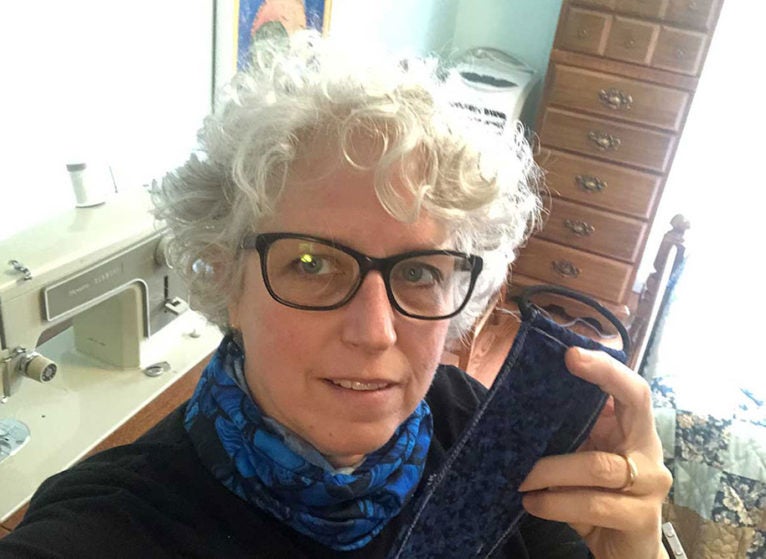
Already, hospitals there have driven out to her mother’s home to retrieve the masks. They then wash and repackage them by size, and distribute them to units in need, Hundt said, noting that some of the homemade masks have gone as far as Detroit.
“We started doing this because I heard from colleagues in hospitals out west that they were finding the cloth masks helped protect the medical-grade masks, and keep them in place,” said Hundt. “Some nurses I know are finding they’re helpful because they protect the outside of the masks from becoming soiled, and increase the life of PPEs underneath.”
Plus, she notes, there’s the psychological benefit of having something in a time period where there are such worries about acute shortages of protective gear, even if the science of the protective factor of homemade masks is out.
“It helps you feel better,” said Hundt, who has previously sewn dozens of quilts for friends, colleagues, and newborn babies, “because you’re doing something.”
When she ventures out for essentials, she also plans to don a mask herself because, she says, “it’s best for us to all assume we’ve been exposed.”
“I do not want to unwittingly transmit the virus,” said Hundt, who earned a PhD in nursing in 2018 and is a nurse historian. “I could be asymptomatic and this is something I do not want to share. It’s all of our obligations to patients and our colleagues to protect everyone in the community.”
Want to help? Visit promedica.org.
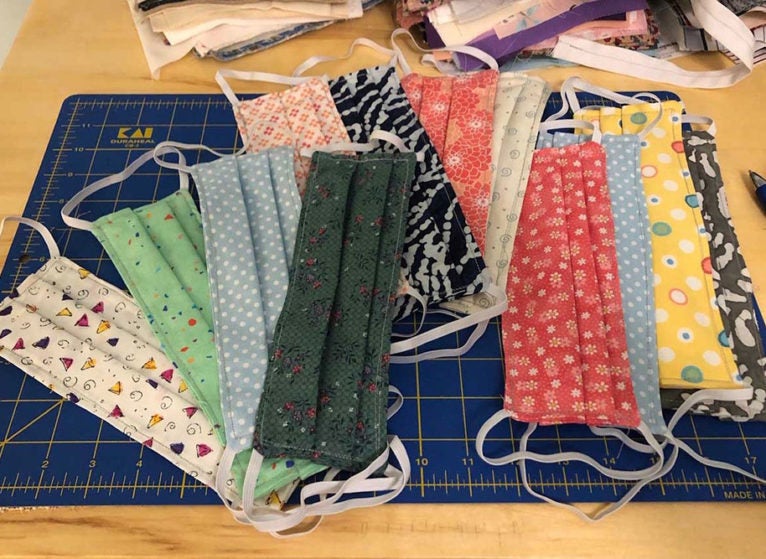
Latest News

